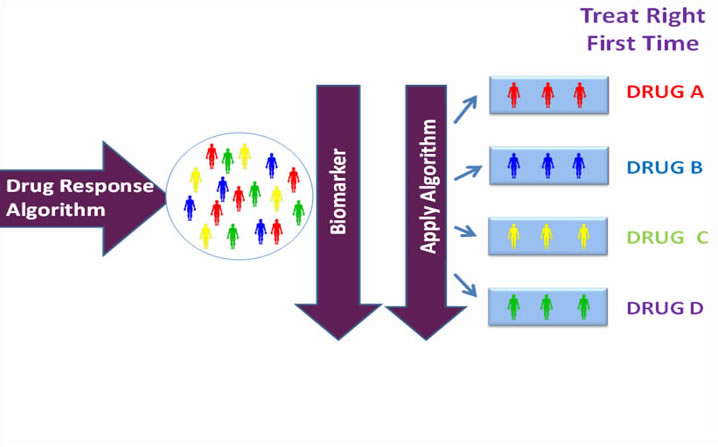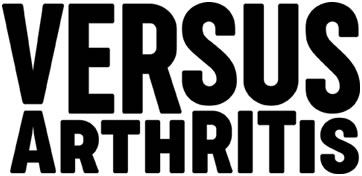MAximising Therapeutic Utility in Rheumatoid Arthritis
What is MATURA?
Background
There have been dramatic changes in the treatment of Rheumatoid Arthritis in the last 20 years with the introduction of hugely effective new classes of drugs (Biologics) and much more aggressive treatment at an early stage to limit the damaging inflammatory process of this disease.
However in the midst of all these exciting medical advances there is still a big question that has not yet been solved. Which patients will respond best to which drugs? Current treatment is still a frustrating process of trial and error for the patient with joint damage and worse outcomes a reality during the waiting process.
MATURA (MAximising Theraputic Utility for Rheumatoid Arthritis) is a government sponsored nationwide group of academics, clinical consultants and industry group which aims to find the answer to this tantalizing question. With the help of Rheumatoid Arthritis (RA) patients, MATURA researchers are aiming to identify what are called ‘treatment response predictors’. These are particular markers within a person’s genetic makeup that suggest that particular drug treatments will work better than others for them. The research process is known as ‘stratified medicine’ and its aim is to make treating the right person at the right time with the right drug a reality.
To help manage this Herculean task MATURA has created two parallel work streams that work alongside and inform one another in order to solve these problems. These comprise of a membership of 11 leading rheumatology research units attached to leading hospitals with outpatient involvement and 11 Industry Partners all making contributions to try and make a complete picture.
Work stream 1 is based at Queen Mary University of London and is running a clinical trial called STRAP, (Stratification of Biologic Therapies for Rheumatoid Arthritis by Pathobiology) where biopsies of disease tissue will be taken and analysed. The biopsy will be used to investigate response and non-response of patients to three biologic drugs and identify predictors in the disease tissue
Work stream 2 is based at The University of Manchester and is investigating predictor markers of response or non-response to a drug in the blood. The team will look at genes and their activity; this will help develop a test to help decide on which drug to use for each patient.
To help ensure these trials have the best chance of success. RA patient and public involvement is key and invited at all levels.
To see how you can do this, please access areas of interest through the “Get involved” menu on the right. You can also contact the project manager (Gaye) for more information on:
Get Involved
- What is MATURA?
- EPIC-RA – Patient Survey
- Get Involved MPAG
- Highlights and News
Publications, and lay summaries, are listed here
predictive of response to biological therapy in patients with rheumatoid arthritis




